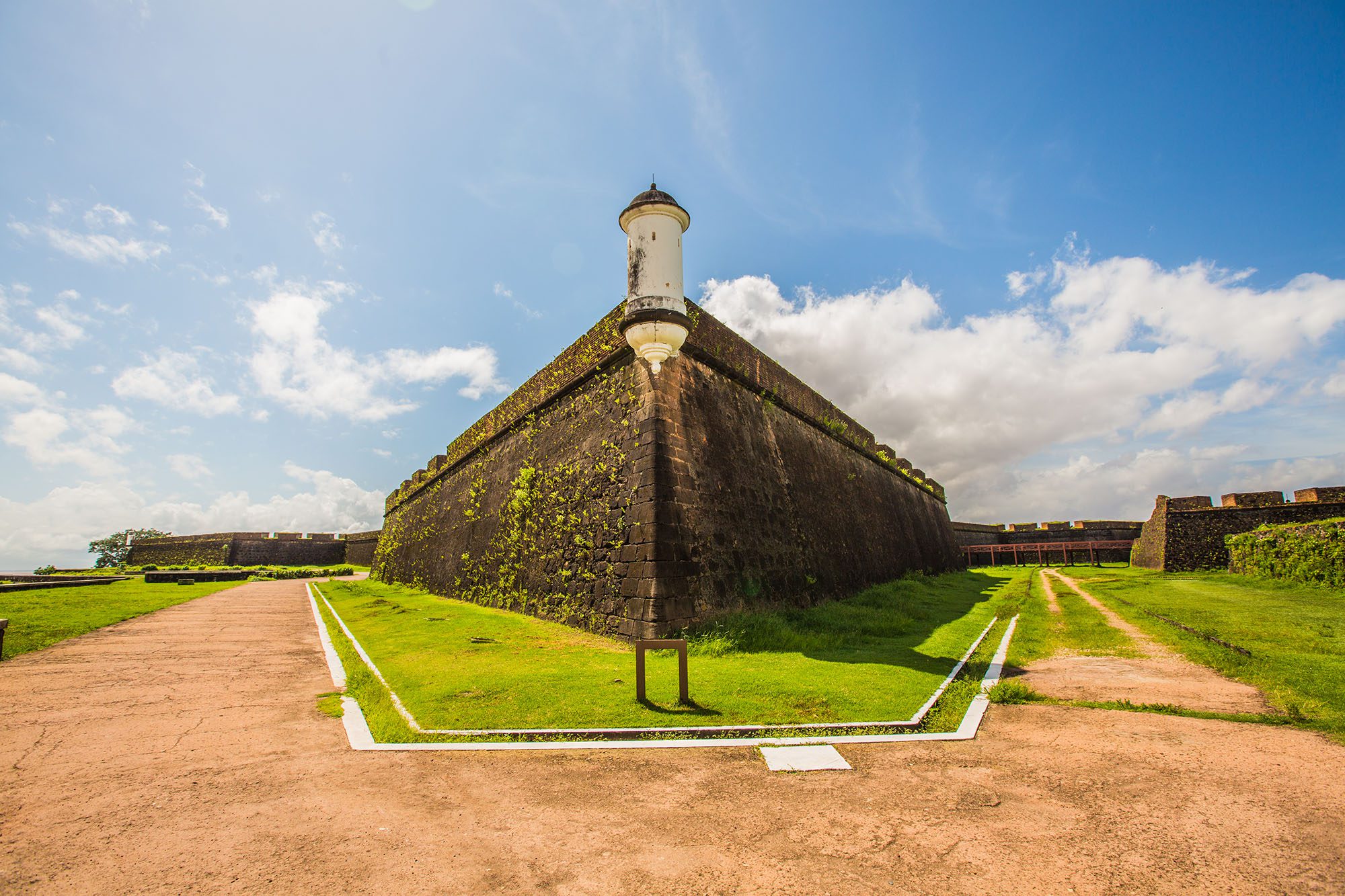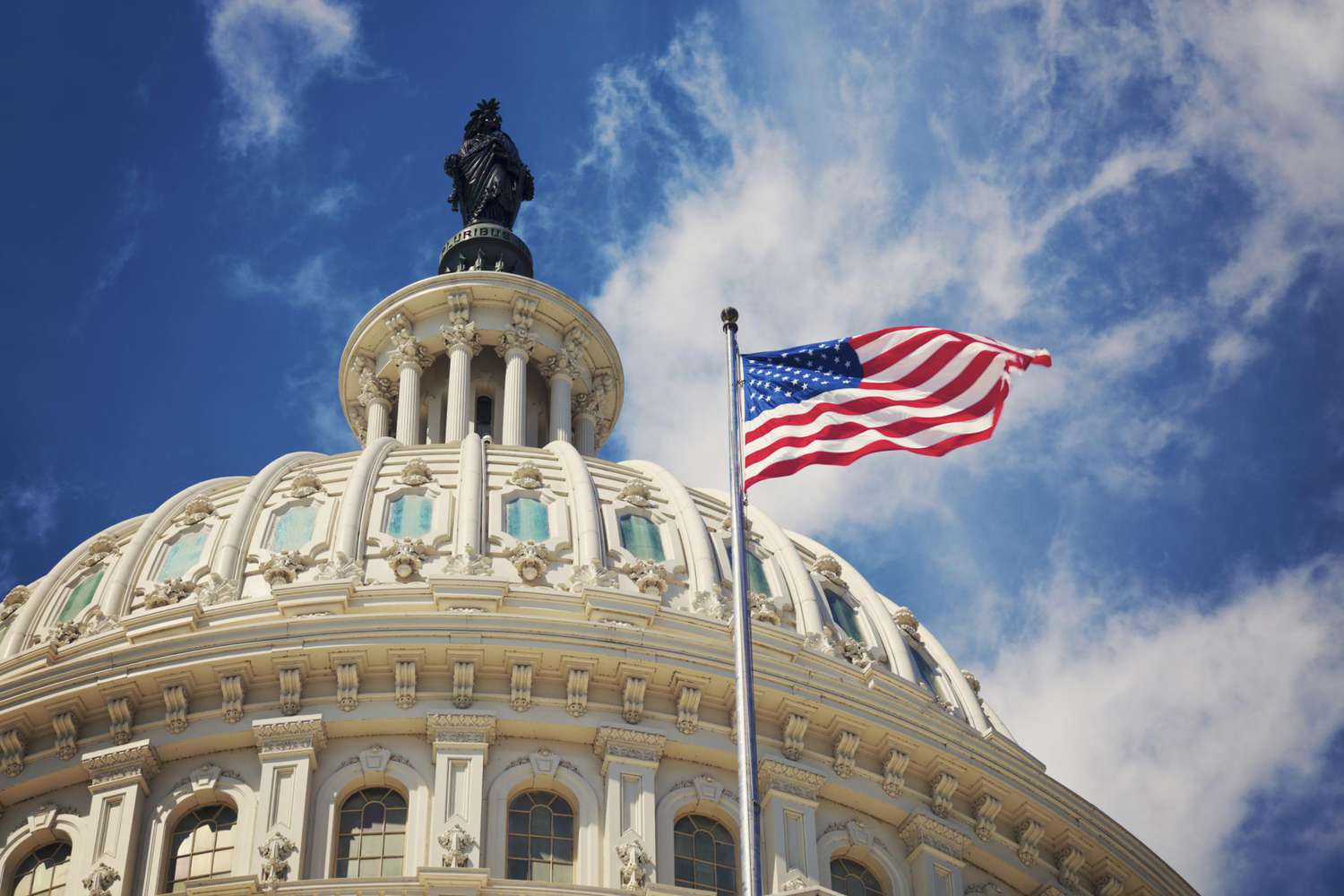
Macapá is a captivating city located in northern Brazil. Known for its rich history, vibrant culture, and stunning natural beauty, it is a destination that has something to offer for everyone. Whether you are a history buff, a nature lover, or simply someone seeking a unique travel experience, Macapá has it all.
In this article, we will take a closer look at 45 fascinating facts about the city of Macapá. From its founding to its modern-day attractions, we will delve into the intriguing history, cultural heritage, and breathtaking landmarks that make Macapá a must-visit destination.
So, fasten your seatbelts as we embark on this journey to discover the hidden gems and remarkable stories that make Macapá a city worth exploring.
Key Takeaways:
- Macapá, Brazil, is a vibrant city known as the “Capital of the Middle of the World” due to its location near the equator. Visitors can experience standing on the equator at the Macapá Equatorial Line Monument.
- Macapá offers a unique blend of natural beauty, cultural richness, and historical significance. From its lush rainforests to its vibrant festivals, the city has 45 fascinating facts and attractions to explore.
Macapá is the capital and largest city of the state of Amapá, Brazil.
Located in the northern part of the country, Macapá is a bustling metropolis with a population of over 400,000 people.
Macapá is known as the “Capital of the Middle of the World”.
Due to its location near the equator, Macapá is often referred to as the midpoint between the equator and the North Pole.
The Macapá Equatorial Line Monument marks the point where the equator crosses the city.
Visitors can visit this monument to experience standing on the equator and straddling the northern and southern hemispheres.
Macapá is home to the Fortaleza de São José de Macapá.
This historical fortress was built in the 18th century and served as a defense against French invasions. Today, it is a popular tourist attraction.
The Marco Zero Square is the starting point for measuring distances in Macapá.
This square is a reference point for measuring distances to other locations in Brazil.
Macapá has a tropical rainforest climate.
The city experiences high humidity and heavy rainfall throughout the year, which contributes to its lush green landscape.
The Amapá River flows through Macapá.
This scenic river offers opportunities for boating, fishing, and enjoying the natural beauty of the region.
The Macapá International Airport connects the city to major destinations in Brazil.
Travelers can easily access Macapá by air and explore its attractions.
Macapá is known for its vibrant cultural scene.
The city celebrates various festivals and events throughout the year, showcasing its rich heritage and traditions.
The local cuisine in Macapá is influenced by indigenous and Portuguese flavors.
Visitors can savor delicious dishes made with fresh seafood, tropical fruits, and unique regional ingredients.
Macapá is home to the largest freshwater fluvial island in the world, Ilha de Marajó.
This unique island offers breathtaking landscapes, diverse wildlife, and opportunities for eco-tourism.
Macapá has a strong focus on sustainable development.
The city is committed to preserving its natural resources and promoting eco-friendly practices.
Macapá is a gateway to the Amazon Rainforest.
Visitors can embark on jungle tours and experience the incredible biodiversity of the Amazon.
Macapá has a growing economy based on industries such as tourism, trade, and agriculture.
The city’s strategic location and natural resources contribute to its economic growth.
Macapá is home to the Equatorial Amazon Research Center.
This research facility focuses on studying the unique ecosystems of the Amazon region.
Macapá hosts the Festival of São José de Macapá.
This religious festival celebrates the city’s patron saint and features processions, music, and traditional dances.
Macapá is known for its vibrant street art scene.
Colorful murals can be found throughout the city, showcasing local artists’ creativity and talent.
Macapá is a haven for nature lovers.
Surrounded by lush forests and waterways, the city offers opportunities for hiking, birdwatching, and river cruises.
Macapá has a rich indigenous heritage.
The city is home to various indigenous communities that preserve their traditions and cultural practices.
Macapá has a bustling riverfront area called the Orla de Macapá.
Visitors can enjoy waterfront parks, restaurants, and scenic views of the Amazon River.
Macapá is home to the largest freshwater fish market in Brazil.
Fishermen bring their catch from the rivers and lakes to the market, offering a wide variety of fresh fish and seafood.
Macapá has a vibrant nightlife scene.
From lively bars to nightclubs, there are plenty of entertainment options for those looking to enjoy the city’s nightlife.
Macapá is known for its unique architectural style.
The city combines modern buildings with elements inspired by the traditional stilt houses of the region.
Macapá is a melting pot of cultures.
The city’s diverse population includes people of indigenous, African, European, and Asian heritage.
Macapá hosts the Festival of Macapá, a month-long celebration of the city’s founding.
The festival includes parades, concerts, fireworks, and cultural performances.
Macapá is surrounded by untouched rainforest.
Visitors can explore nature reserves and discover the incredible biodiversity of the Amazonian flora and fauna.
Macapá is a popular destination for ecotourism.
Travelers can embark on guided tours to explore the region’s natural wonders, including waterfalls, caves, and wildlife.
Macapá has a strong tradition of handcrafts.
Local artisans create beautiful crafts using materials such as wood, seeds, and fibers from the Amazon rainforest.
Macapá is home to the Amazonian Museum.
This museum showcases the history, culture, and natural heritage of the Amazon region.
Macapá is a gateway to the Tumuc-Humac Mountains.
Adventure enthusiasts can explore this mountain range, known for its breathtaking landscapes and opportunities for hiking and mountaineering.
Macapá has a vibrant music scene.
The city is known for its diverse music styles, including marabaixo, a traditional Afro-Brazilian rhythm.
Macapá has a tropical climate with high temperatures throughout the year.
Visitors are advised to pack light, breathable clothing and stay hydrated while exploring the city.
Macapá is home to the Macapá Zoobotanical Park.
This park showcases the rich biodiversity of the region and is a popular attraction for families.
Macapá has a cable-stayed bridge, the Marco Zero Bridge, which connects the city to the neighboring municipality of Santana.
This architectural marvel offers panoramic views of the city and the Amazon River.
Macapá is known for its colorful folklore.
Traditional dances and stories from the region are passed down through generations, reflecting the city’s diverse cultural heritage.
Macapá has a thriving sports scene.
The city has produced talented athletes in various sports, including football, volleyball, and martial arts.
Macapá hosts the Macapá Jazz Festival.
This annual event brings together renowned jazz musicians from Brazil and around the world for a weekend of smooth melodies and musical talent.
Macapá has a variety of parks and green spaces.
These outdoor areas provide residents and visitors with places to relax, exercise, and enjoy nature.
Macapá is a popular stopover for cruise ships exploring the Amazon River.
Passengers can disembark and explore the city’s attractions before continuing their journey through the rainforest.
Macapá has a strong focus on education.
The city is home to universities and research institutions that contribute to the academic development of the region.
Macapá is a paradise for birdwatchers.
The region’s diverse ecosystems attract a wide variety of bird species, making it a haven for birdwatching enthusiasts.
Macapá is known for its vibrant markets.
Visitors can browse through colorful stalls selling local produce, handicrafts, and souvenirs.
Macapá has a rich history dating back to colonial times.
The city has preserved its historical heritage through landmarks, museums, and cultural events.
Macapá is a gateway to the Guiana Shield.
This vast geological formation is a biodiversity hotspot and offers opportunities for exploration and scientific research.
Macapá has a strong sense of community.
The city’s residents are known for their warmth and hospitality, making visitors feel welcome and at home.
In conclusion, Macapá offers a unique blend of natural beauty, cultural richness, and historical significance. From its equatorial line monument to its vibrant festivals, there is no shortage of interesting facts and attractions to explore in this captivating city. Whether you are drawn to its lush rainforests, bustling markets, or diverse cuisine, Macapá is a destination that will leave you with unforgettable memories of its 45 fascinating facts.
Conclusion
In conclusion, Macapá is a fascinating city with a rich history, vibrant culture, and breathtaking natural beauty. From its unique location near the Equator to its iconic landmarks like the Macapá Fortress and the Marco Zero monument, there is no shortage of interesting facts and attractions to discover. Whether you are interested in exploring the Amazon rainforest, indulging in local cuisine, or immersing yourself in the cultural heritage of the city, Macapá has something for everyone. So, pack your bags and get ready to embark on an unforgettable adventure in this captivating city!
FAQs
1. What is the population of Macapá?
The population of Macapá is approximately 500,000 people.
2. What is the weather like in Macapá?
Macapá has a tropical rainforest climate, characterized by high humidity and temperatures ranging from 22 to 32 degrees Celsius (72 to 90 degrees Fahrenheit) throughout the year.
3. How do I get to Macapá?
You can reach Macapá by air through Macapá International Airport, which offers connections to major Brazilian cities. Alternatively, you can also travel by boat or bus from other cities in the region.
4. What are some must-visit attractions in Macapá?
Some must-visit attractions in Macapá include the Macapá Fortress, the Marco Zero monument, the Amazon Ecological Park, and the Feliciano Coelho Crafts Market.
5. Are there any local delicacies in Macapá?
Yes, Macapá is known for its delicious local cuisine. Some popular dishes include tacacá (a soup made with shrimp, jambu leaves, and tucupi sauce), vatapá (a dish made with shrimp, bread, peanuts, and palm oil), and açaí (a nutritious berry often consumed as a smoothie).
6. Can I explore the Amazon rainforest from Macapá?
Yes, Macapá is a great starting point for exploring the Amazon rainforest. There are several tour operators that offer guided excursions to nearby reserves and rivers, allowing visitors to experience the unique biodiversity and natural beauty of the region.
Macapá's enchanting allure doesn't stop with these 45 facts. Delve into the city's sporting heritage by exploring mindblowing facts about Estádio Zero, Macapá's iconic stadium. From its unique location to the passionate fans who fill its stands, Estádio Zero holds a special place in the hearts of Macapá residents and visitors alike. Whether you're a sports enthusiast or simply curious about this fascinating city, these additional facts will leave you craving more knowledge about Macapá's vibrant culture and history. Get ready to uncover even more secrets and surprises that make Macapá truly one-of-a-kind.
Was this page helpful?
Our commitment to delivering trustworthy and engaging content is at the heart of what we do. Each fact on our site is contributed by real users like you, bringing a wealth of diverse insights and information. To ensure the highest standards of accuracy and reliability, our dedicated editors meticulously review each submission. This process guarantees that the facts we share are not only fascinating but also credible. Trust in our commitment to quality and authenticity as you explore and learn with us.


